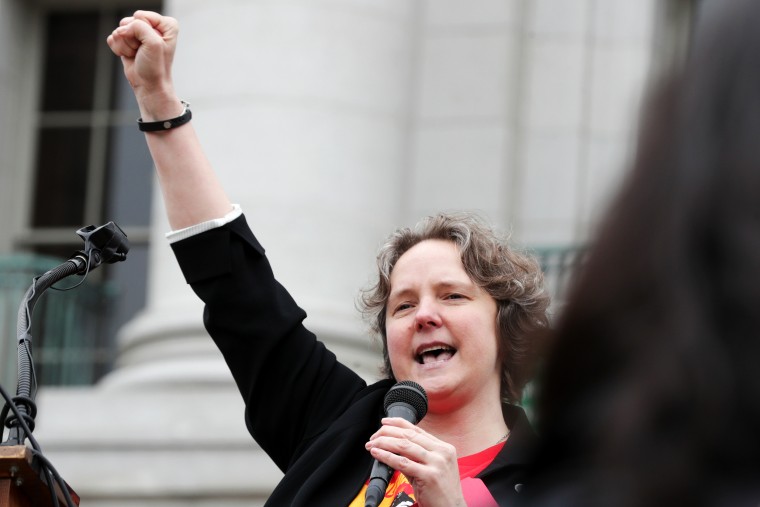
Breaking Barriers to Poverty: Free Cash Programs Sweep Across Cities!
As the burden of poverty continues to loom large over several populations across numerous cities globally, many municipalities are taking a bold stride towards establishing anti-poverty safety nets. Among these innovative strategies is the increasingly popular free cash programs, a development designed to provide financial assistance to low-income residents.
Free cash programs, also commonly referred to as universal basic income (UBI) or guaranteed income programs, are centered around the provision of a standard monetary amount given to individuals without any conditions. Over the last few years, these programs have seen an immense level of consideration from different governments, scholars, activists, and policymakers due to their potential to abate poverty and financial struggle.
The crux of these initiatives lies in the simplified distribution of funds, typically on a monthly basis, to certain categories of residents. Residents can then freely decide how they would like to use this amount, adding a layer of decision-making freedom and autonomy which is often absent in most other forms of government-provided support.
In Stockton, California, for instance, a pilot program launched in 2019 saw one hundred and twenty-five residents receive five hundred dollars monthly for nearly two years. This initiative, called the Stockton Economic Empowerment Demonstration (SEED) program, recorded notable success. The majority of the recipients were observed to spend most of the funds on basic needs such as food, clothing, utility bills, and other household requirements.
Similarly, Newark, New Jersey, announced plans for a pilot UBI program. Inspired by the success of the Stockton program and Andrew Yang’s Freedom Dividend during the 2020 presidential elections, the proposal aims to provide a certain amount of free cash to its low-income residents. Not just limited to the U.S., programs are also taking root in cities around the world, from Brazil to Finland to India, adding a global dimension to these poverty-alleviating measures.
One of the compelling arguments for free cash programs is that they provide recipients the flexibility to prioritize their needs. One individual might need the funds for medical expenses, another might need it to lease a car for work or pay for childcare, while another might utilize it for schooling. In essence, these programs are aligned with the fundamental principle of preserving human dignity, allowing recipients to make decisions tailored to their specific circumstances and needs.
Meanwhile, criticisms and concerns regarding these initiatives are not in short supply. Critics consider these programs as potential incentives for dependency on government handouts, thus discouraging work among recipients. However, experiments and surveys from place like Stockton have found little evidence to support this view. Instead, they suggest the additional financial support provided by these programs can act as a safety net and enable recipients to find better employment options.
In fact, these programs are beginning to reshape the concept of social welfare by offering an alternative to the conventional means-tested benefits. Unlike the often complex and rigid structures of traditional support programs, free cash programs are designed to be simple, straightforward, and given without any strings attached. Thus, their expansion could mark a significant shift in the fight against poverty, creating a more inclusive and equitable society.
Indeed, the increasing momentum of free cash programs is an encouraging sign for those seeking to enhance opportunities for low-income residents and construct an expansive, more enlightened approach to poverty alleviation. No doubt, it underscores the broadening consciousness towards more compassionate and pragmatic social support systems.
